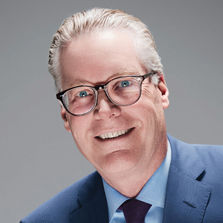
As much as airlines are banking on science to get passengers in the air, they still will need to clear the obstacle of perception.
In the early months of the pandemic, several carriers capped capacity to ensure passengers would not be seated next to each other. Those carriers that did not at times found photos of their nearly full flights posted on social media.
Delta Air Lines was the only carrier among three largest U.S. carriers to maintain its capacity cap beyond the summer, pledging to keep middle seats open to avoid having passengers not traveling together sit in adjacent seats. United Airlines in May, rather than cap capacity, instead introduced a policy to notify passengers on fuller flights in advance to give them a chance to change flights if they wished, and American Airlines in July removed capacity caps in favor of a similar policy.
In the fall, after studies emerged showing a relatively low risk of inflight transmission due to such factors as mask requirements, high-grade filtration systems and airflow direction, most carriers with capacity caps have either ended them or plan to phase them out in early 2021. As carriers fight to end cash burn, some have said it would be nearly impossible to do so with those caps in place.
Delta CEO Ed Bastian, however, has pledged to continue Delta's policy of blocking middle seats until at least the end of March 2021, which should leave it the last of the major U.S. carriers with the policy. The carrier's executives have said that will be a key measure in restoring corporate travel demand.
"I'm in regular contact with our corporate partners, and we are hearing that, besides the guarantee on cleanliness, the space and distance onboard the aircraft is the second-most important thing to them as they consider business travel again," Delta chief customer experience officer Bill Lentsch told BTN in June. "We are not going to violate that 60 percent cap. We have our revenue management team, operations center and airport team working hand-in-hand daily, monitoring flights and making sure we do not violate that cap."